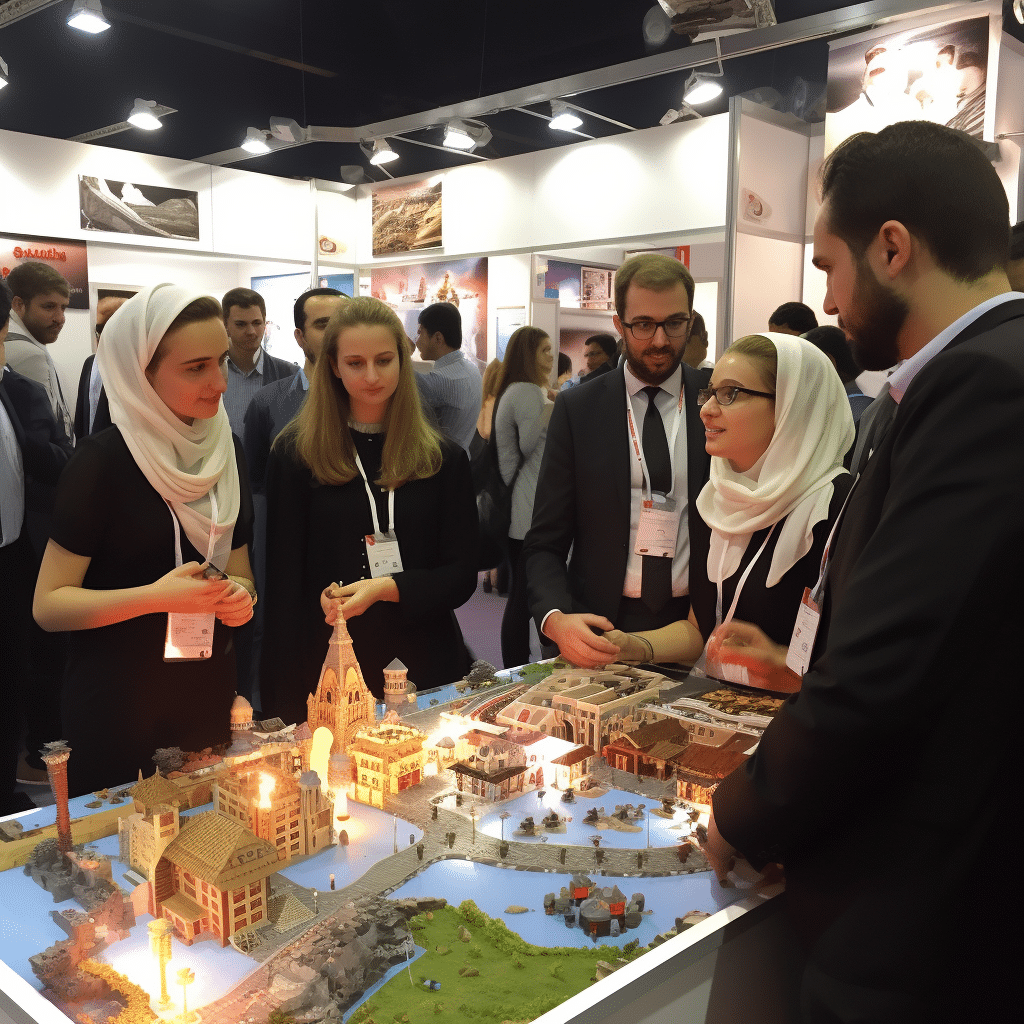
I originally published this back in 2021, but I remain deeply convinced that this offers a roadmap to redesign our assessment strategies (original article, cited below). This is a new and edited version for 2023.
Two years after the pandemic’s end, as national and global schooling systems reassess their approaches, the abrupt closure of schools and the radical shift to previously unimaginable pedagogies have brought the assessment issue to the forefront. This topic continues to ignite intense passion. Despite the urgency, Departments and Ministries of Education need to be faster to address fundamental questions that arose before, during, and after the crisis. Central to these inquiries is the effectiveness of grading systems. Were these systems fit for purpose even before the pandemic? The resilience of traditional examination systems, such as GCSEs, A-Levels, Advanced Placement, ACT, and SAT exams, is now under scrutiny. Do these assessments fairly represent student abilities?
As we reflect, the reluctance to abandon high-stakes exams raises critical questions about fostering passion and play within educational systems. This article explores how current assessment models might limit our creative potential and hinder the transition from imagination to design. In the wake of COVID-19, we must consider what comes next and how to prepare for it. This discussion includes the integration of industry-led evaluations and adopting innovative measurement tools to better align students’ pathways with their academic or vocational aspirations.
The move away from old industrial assessment systems is made more urgent by the need to change the emphasis of education from something done to you towards something you dofor yourself.
“Learning is creation, not consumption. Knowledge is not something a learner absorbs, but something a learner creates (Couros).”
The recent emergence of artificial intelligence tools such as Baird, Claude, and ChatGPT necessitates a fundamental reassessment of knowledge acquisition systems in education. Over the past year, the integration of these technologies has highlighted the urgent need for a comprehensive audit of teachers’ skill sets, identifying areas where AI can alleviate daily challenges. This is particularly crucial given the current backdrop of COVID-19, widespread teacher resignations, and shortages. It’s imperative to leverage available tools to address these challenges and drive transformative changes in assessment practices.
Rethinking assessment strategies is essential. Moving from traditional high-stakes exams to more dynamic and understandable metrics can revolutionize curriculum and syllabus design. By adopting dynamic assessment models, we can catalyze changes in teaching pedagogy and enhance the student learning journey, ensuring practical application and widespread benefits.
At Think Learning Studio (TLS), our collaboration with schools focuses on developing learner-centric assessment processes that are balanced, fair, and participatory. This journey is often met with surprise, critique, and even scepticism. However, given the impact of COVID-19 on our sector and the recognition our model has received (Best Progressive Delivery Award, Pioneer, 2023), coupled with positive feedback from parents, students, and industry experts, we reaffirm the importance of student-led assessment.
At Think Learning Studio (TLS), our collaboration with schools focuses on developing learner-centric assessment processes that are balanced, fair, and participatory.
TLS is committed to empowering educators with the tools and guidance to craft these assessment methods. Our approach is structured around three core elements: student-designed rubrics, the table of excellence, and self-awarded grades, all aimed at transforming the assessment landscape.
Learner Created & Sourced Rubrics
At Think Learning Studio, we encourage learners to integrate approximately eight to nine families of Learning Targets into their teacher-led, personal, and mastery projects, with the latter being a final thesis project typically completed in Grade 12. Students develop criteria based on Bloom’s Taxonomy to define novice, specialist, and mastery levels for each Learning Target, usually selecting between 6–8 targets per project.
Our approach aligns with project-based learning (PBL) principles, recognized for providing students with hands-on, authentic learning experiences. When combined with Bloom’s Taxonomy, PBL can help develop higher-order thinking skills such as analysis, synthesis, and evaluation. Bloom’s Taxonomy is a framework for classifying educational objectives into six categories, ranging from basic knowledge recall to creating new ideas. We decided to codify this to three for learner ease, but schools can select their approach.
As students progress through our Future Ready Middle and High School Programs, they initially engage deeply in cross-curricular subject matter via teacher-led modules, gradually gaining more autonomy. This transition aligns with the aim of project-based learning described in UNESCO’s resources on PBL, which emphasize student-led inquiry and real-world problem-solving skills.
As students progress through our “Future Ready” program, they initially engage deeply in cross-curricular subject matter via teacher-led modules, gradually gaining more autonomy.
At Think Learning Studio, rubric design begins with more straightforward tasks in teacher-led modules and personal projects. Students start by focusing on singular targets to achieve mastery, expanding to a broader scope of 4–5 targets by their final mastery project (in Grade 12). This methodology resonates and was inspired by my time with Stanford University’s PBL Lab’s approach (2004-2008), which focuses on project-based learning in an interdisciplinary context, emphasizing the role of collaborative, cross-disciplinary learning experiences.
We hope this approach by TLS reflects current educational research trends and emphasizes the importance of self-directed learning and developing a broad spectrum of cognitive skills.
Creating a Table of Excellence (related to Attitudes and Values)
At Think Learning Studio, once learning targets are selected and an evaluative framework for novice, specialist and mastery is established, students create a ‘Table of Excellence’. This approach personalizes the assessment process, allowing students to focus on academic targets and transferable skills such as communication, presentation abilities, and feedback exchange. The Table of Excellence also embeds 21st Century Skills into the students’ projects, encouraging them to reflect on the positive community impact of their designs or prototypes.
This methodology resonates with the research on authentic assessments at Columbia University (Wiggins, 2014), which emphasizes that traditional assessments often fail to reflect real-world challenges and skills. Authentic assessments, such as the Table of Excellence, allow students to engage in higher-order thinking and create justifiable answers, performances, or products, making them more reflective of professional life scenarios.
Duke University highlights the importance of transferable skills in teaching, underscoring that almost every part of the teaching experience involves skills transferable to various contexts, such as communication and assessment design. This aligns with the emphasis on transferable skills in creating a ‘Table of Excellence’.
Incorporating project-based learning, personalized assessment, and 21st-century skills also aligns with the educational philosophies and research from the University of Oxford, which have repeatedly called for a growth in emphasis on (the power of) personalized tutorials which should be used through an advisory system to constantly mentor learners through the teacher-led and personal projects, using both the rubric and table of excellence as anchors within the process.
Self Directed Grading
The most aspirational aspect of Think Learning Studio’s (TLS) assessment approach is the ‘self-directed grade’. This concept often surprises external guests, conference attendees, and critics. Diverging from traditional models where teachers and schools are the sole arbiters of success, TLS encourages schools to have the students grade upon project completion. This grade is based on their self-designed rubric and Table of Excellence, evaluated against a process portfolio during a structured exit interview with guiding educators. I encourage you to please discuss or review if discrepancies arise between the student’s self-assessment and the educators’ perspective.
This self-assessment strategy aligns with the perspectives of educational thought leaders like Ito and Howe (2019), who advocate for a shift from traditional ‘education’ to a more engaging ‘learning’ process. The TLS model exemplifies this shift by prioritizing dynamic, student-led feedback and criteria development. This approach challenges the traditional, exam-centric system, which has been notably strained during crises like the COVID-19 pandemic, revealing its limitations in adaptability and fairness.
As educational institutions increasingly seek to break away from outdated models, there is a growing need for collaboration and sharing of best practices. This article aims to spur a collective debate on the future of student assessment. We must question whether to maintain the status quo, make minor adjustments, or boldly reimagine our assessment systems. We can explore more progressive and equitable approaches to evaluating student achievement by fostering this dialogue.
________
Cailey, R. (2021); Mahatma Gandhi Institute of Education for Peace and Sustainable Development. (2021). Reimagining education: beyond the rhetoric. In Blue dot: exploring new ideas for a shared future (MGIEP-2021/PI/H/1). CC BY-SA 3.0 IGO.
Couros, G. (n.d.). Learning is Creation, Not Consumption. Beyond Knowing. Retrieved from https://georgecouros.ca/blog/archives/8486
Duke University Graduate School. (n.d.). How to Take Your Teaching Skills Anywhere. Retrieved from https://gradschool.duke.edu/professional-development/blog/how-take-your-teaching-skills-anywhere
Ito, J. (2019); Whiplash. London. Grand Central Publishing.
UNESCO Mahatma Gandhi Institute of Education for Peace and Sustainable Development. (n.d.). Project Based Learning. Retrieved from https://mgiep.unesco.org/project-based-learning
University of Oxford. (n.d.). Personalised Learning. Retrieved from https://www.ox.ac.uk/admissions/undergraduate/why-oxford/support/personalised-learning
Wiggins, G. (1990, 1998, 2014). In Columbia University Center for Teaching and Learning. Designing Assignments for Learning. Retrieved from https://ctl.columbia.edu/resources-and-technology/resources/designing-assignments-for-learning/










